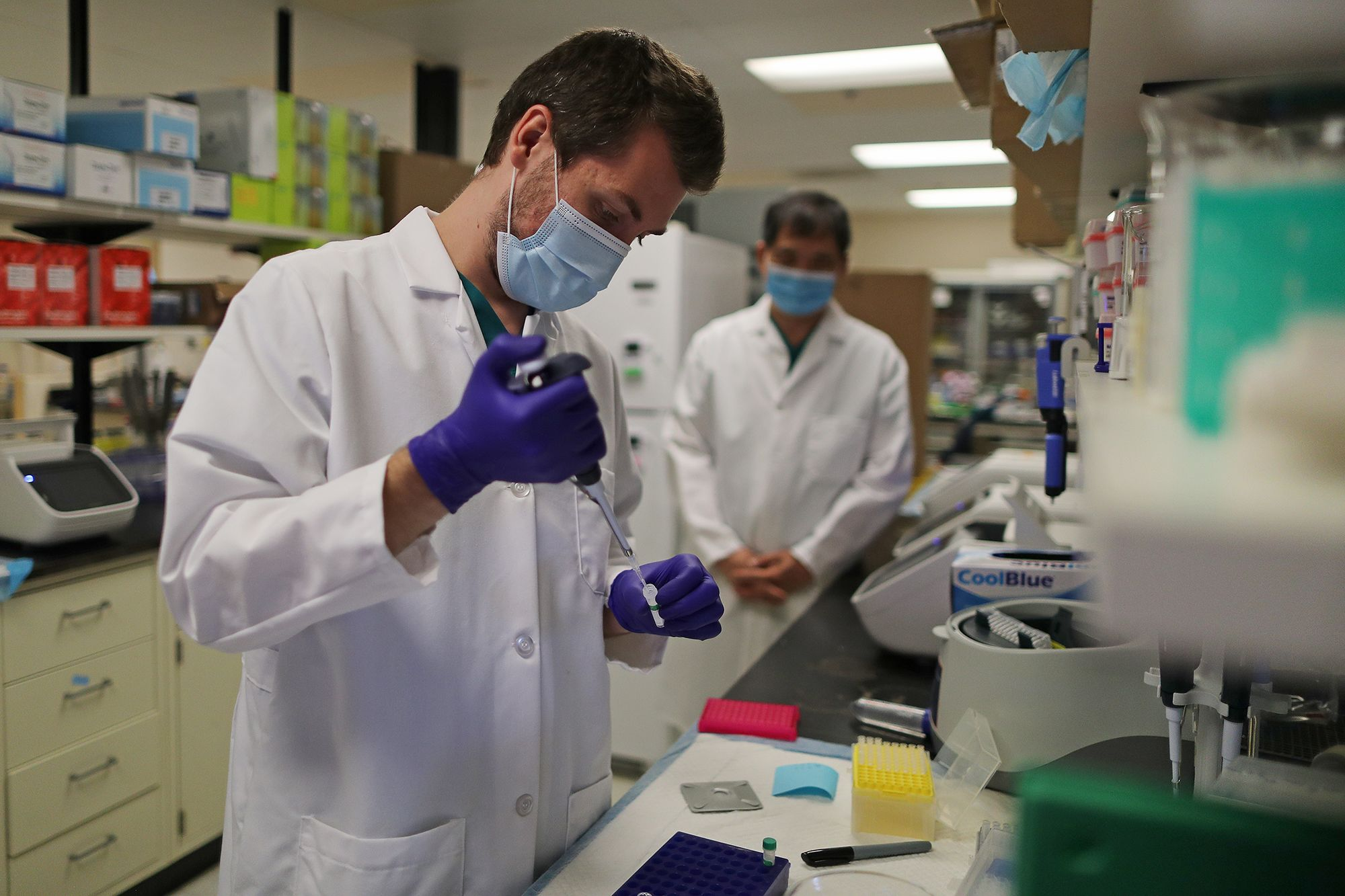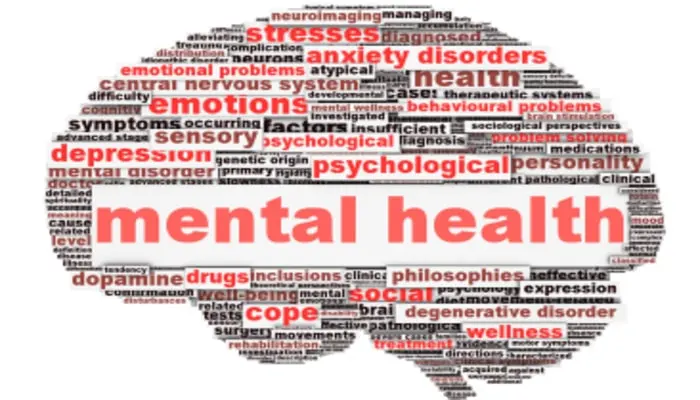Navigating the Debate on Vaccines: Understanding Their Importance and Addressing Concerns
In recent years, the topic of vaccines has become increasingly polarizing, with animated debates over their necessity, safety, and effects on public health. As societies battle infectious diseases and public health crises, understanding the importance of vaccines and addressing common concerns is more vital than ever. This article aims to clarify the role of vaccines, highlight their contributions to society, and answer prevalent questions and misconceptions surrounding vaccination.
Understanding Vaccines: How They Work
Vaccines are biological preparations designed to provide immunity against specific infectious diseases. They typically contain:
- Antigens: Parts of the pathogen (like proteins or sugars) that trigger an immune response.
- Adjuvants: Substances that enhance the body’s immune response to the vaccine.
- Preservatives: Materials that prevent contamination and ensure vaccine efficacy.
When administered, vaccines stimulate the immune system to recognize and fight the targeted pathogen—effectively “training” the immune system to respond faster and more effectively if exposed to the actual disease in the future. This mechanism is transformative, enabling individuals to develop immunity without suffering from the disease itself.
Types of Vaccines
Vaccines can be categorized into several types:
- Live Attenuated Vaccines: Contain a weakened form of the pathogen. Examples include the measles, mumps, and rubella (MMR) vaccine.
- Inactivated Vaccines: Contain killed pathogens. Examples include polio and hepatitis A vaccines.
- Subunit, Recombinant, and Conjugate Vaccines: Contain fragments of the pathogen, such as proteins. The human papillomavirus (HPV) vaccine falls into this category.
- mRNA Vaccines: A newer technology that uses messenger RNA to instruct cells to produce a protein that triggers an immune response. The Pfizer-BioNTech and Moderna COVID-19 vaccines are examples.
The Importance of Vaccines in Public Health
- Prevention of Infectious Diseases
Vaccines have proven immensely effective in reducing and even eliminating infectious diseases. Diseases like polio, measles, and smallpox have become rare due to widespread vaccination efforts.The Centers for Disease Control and Prevention (CDC) states that vaccines prevent 2-3 million deaths globally each year from diseases like diphtheria, tetanus, and pertussis. - Herd Immunity
Vaccination not only protects individuals but also contributes to herd immunity. When a significant portion of the population is vaccinated, it limits the spread of the disease, protecting vulnerable individuals who cannot receive vaccines, such as babies and those with certain medical conditions.Studies have shown that high vaccination rates are critical in controlling outbreaks and preventing pandemics. - Cost-Effectiveness
Vaccination programs can save significant healthcare costs by preventing disease outbreaks. Investing in vaccination is economically sensible, as the cost of treating diseases far exceeds the investment in preventive measures. - Global Mobility and Safety
In our interconnected world, diseases can spread rapidly across borders. Vaccination programs are critical in containing infectious diseases and ensuring the safety of international travel.
Addressing Common Concerns and Misconceptions
Despite the overwhelming benefits of vaccines, several concerns and misconceptions persist. Addressing these issues is essential to promote informed decision-making.
1. Vaccines Cause Autism
One of the most pervasive myths is the incorrect belief that vaccines, particularly the MMR vaccine, cause autism. This notion stemmed from a study published in 1998 that has since been thoroughly discredited due to unethical practices and retracted by the journal The Lancet. Comprehensive studies involving millions of children have found no causal link between vaccines and autism.
2. Vaccines Contain Harmful Ingredients
Safety is a top priority in vaccine development. While vaccines do contain ingredients like preservatives and adjuvants, these are present in extremely low, safe concentrations. The CDC and World Health Organization (WHO) assert that the benefits of vaccination far outweigh any risks associated with these components.
3. Natural Immunity is Better
While natural immunity can provide protection against diseases, it often comes at the cost of severe illness. Vaccination provides a safe way to achieve immunity without the risks associated with the diseases themselves. Vaccination is usually safer, as it doesn’t require infection.
4. One Vaccine is Enough
The number of vaccines given at certain ages is based on extensive research that determines the optimal schedule for the best protection. Some vaccines require multiple doses for maximum efficacy, while others are combined to protect against several diseases with fewer injections.
Conclusion: The Path Forward
Navigating the complexities of vaccines requires understanding their critical role in public health, the science behind them, and dispelling myths. As we face ongoing and emerging health threats, vaccinations remain one of our most powerful tools for preventing infectious diseases and protecting vulnerable populations.
Increasing public awareness and education about the importance of vaccines is essential. Open dialogues with healthcare professionals can help address individual concerns and foster trust in vaccination efforts. As we move forward, embracing the science behind immunization will ensure a healthier future for everyone.
For more information about vaccines, visit trusted resources such as the Centers for Disease Control and Prevention (CDC) and the World Health Organization (WHO).





